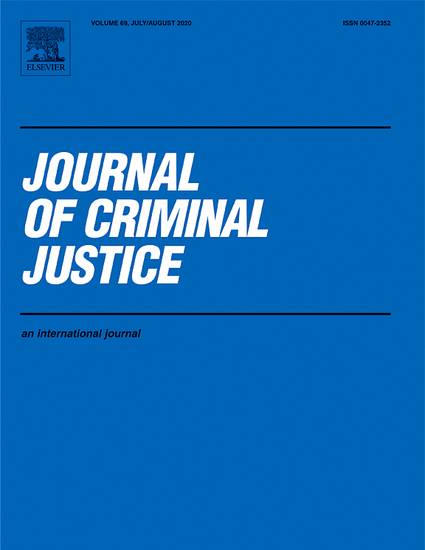
Article
Gauging detention dosage: Assessing the impact of pretrial detention on sentencing outcomes using propensity score modeling
Journal of Criminal Justice
(2020)
Abstract
Objectives
A small but growing body of scholarship suggests that defendants held in pretrial detention may be more likely to receive prison sentences. This study investigates this relationship in Oregon amidst an aim to reform pretrial processes and simultaneously curb prison reliance.
Methods
We employ a quasi-experimental design using propensity score modeling to assess the effects of being detained through disposition and detention dosage on sentence type and length. Using a sample of 3390 criminal defendants from nine Oregon counties, we use a doubly robust approach to modeling the effects of pretrial detention.
Results
Our analyses reveal that detained defendants possess odds of being sentenced to prison are twice that of those released prior to their disposition. Additionally, the longer one spends in pretrial detention the greater the likelihood receiving a sentence if incarceration.
Conclusions
Implications of these findings suggest that counties should explore options to reduce their application and duration of pretrial detention.
Keywords
- pretrial detention,
- propensity score modeling,
- criminal sentencing,
- justice reinvestment,
- criminal courts
Disciplines
Publication Date
Summer August 27, 2020
DOI
10.1016/j.jcrimjus.2020.101719
Citation Information
Campbell, C. M., Labrecque, R. M., Weinerman, M., & Sanchagrin, K. (2020). Gauging detention dosage: Assessing the impact of pretrial detention on sentencing outcomes using propensity score modeling. Journal of Criminal Justice, Online ahead of print. DOI: 10.1016/j.jcrimjus.2020.101719
